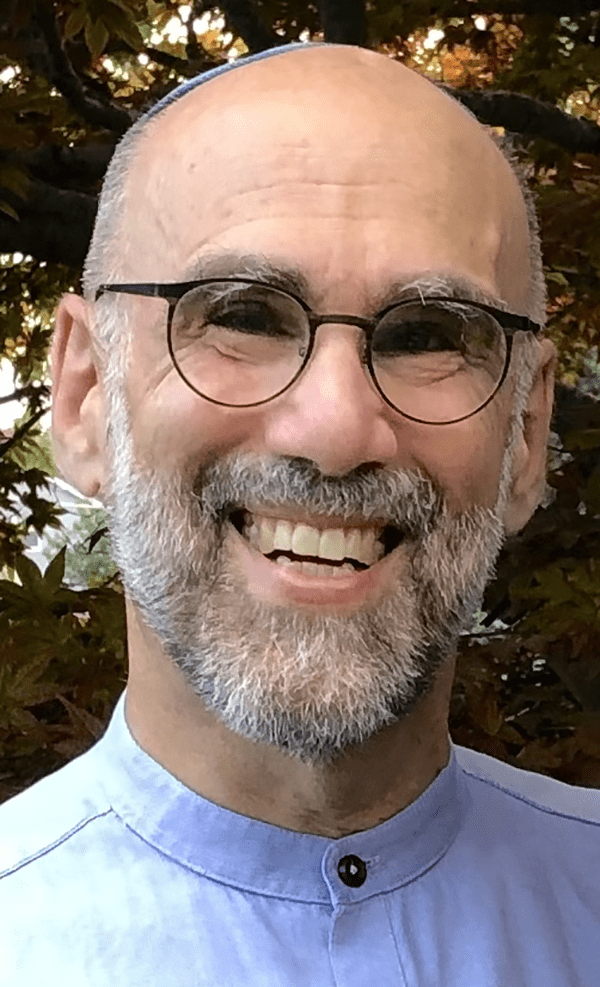Parshat Lech-Lecha 5785
We make assumptions about others based on what we see: what they wear, what they drive, their work, past-times… And we project upon the other who passes our superficial entrance exam what we want them to be — i.e., more like us!
Breath (Yizkor KN5785)
My recent posts...
Can You Hear Me (KN 5785)
My recent posts...
Yom Kippur Singing
My recent posts...Over the decades, I have composed melodies for some of the texts we use in our prayer services. (I've written English interpretations of the texts for a few of them.) Some of them are posted here so we can sing them together at Shirat Hayam and, even...
Hundreds of Times
Our Shabbat morning liturgy has five sections: birkot hashachar / morning blessings; pesukei d’zimra / hymns (mostly from the biblical book of Psalms); shacharit / morning prayer; Torah and teaching service; and musaf, a (bonus!) commemoration of the special Shabbat sacrifice at the ancient Temple in Jerusalem.
These five sections offer a variety of text and tone, encouraging different melodies, meditative moments and more. (And we cover them all in just over two hours!)
Psalm 136, in pesukei d’zimra on Shabbat and festival mornings, cites more than twenty examples of Adonai’s awesome power, including Creation, parting the sea, defeating mighty mortals such as Pharaoh, and enabling the earth to feed all creatures.
The psalm is structured for antiphonal performance by a leader with responding chorus or by two groups of chanters. Each brief verse is punctuated by the declaration: “ki l’olam chasdo / for Adonai’s love is eternal!” (For a musical setting, click here.)
For a long time, I have preferred to be at services when they begin. Which means that I’ve prayed, read or sung Psalm 136 hundreds of times. Last week, I found something new.
That something has always been there, or, rather, that something has NEVER been there! Its absence may be revealing.
Most of the psalm emphasizes Adonai’s “great wonders,” actions that run from Creation to military victories to the Israelites’ legacy of the Promised Land. This past Shabbat I noted that one wonder is missing: the Revelation and Granting of Torah at Mt. Sinai.
Why would this momentous event in our people’s history, something only Adonai could make happen, not be included in a hymn to Adonai’s power? The biblical-era kings are long gone, while the laws, lore and lessons of Torah continue to inspire and intrigue scholar and student, congregation and clergy, year after century after millennium.
By our tradition, authorship of the psalms is attributed to King David, who blatantly contravened Torah law several times in his life. Perhaps, self-consciously, he was reluctant to include this “soft” power of Adonai in a triumphal hymn.
We may learn that soft power can have immense influence over time, and it can flourish and endure. For the next hundreds of times I get to recite King David’s ode to Adonai’s might, I will add a silent appreciation for Torah, a gift we preserve as an eternal manifestation of Adonai’s love.
Shabbat shalom ! שבת שלום


